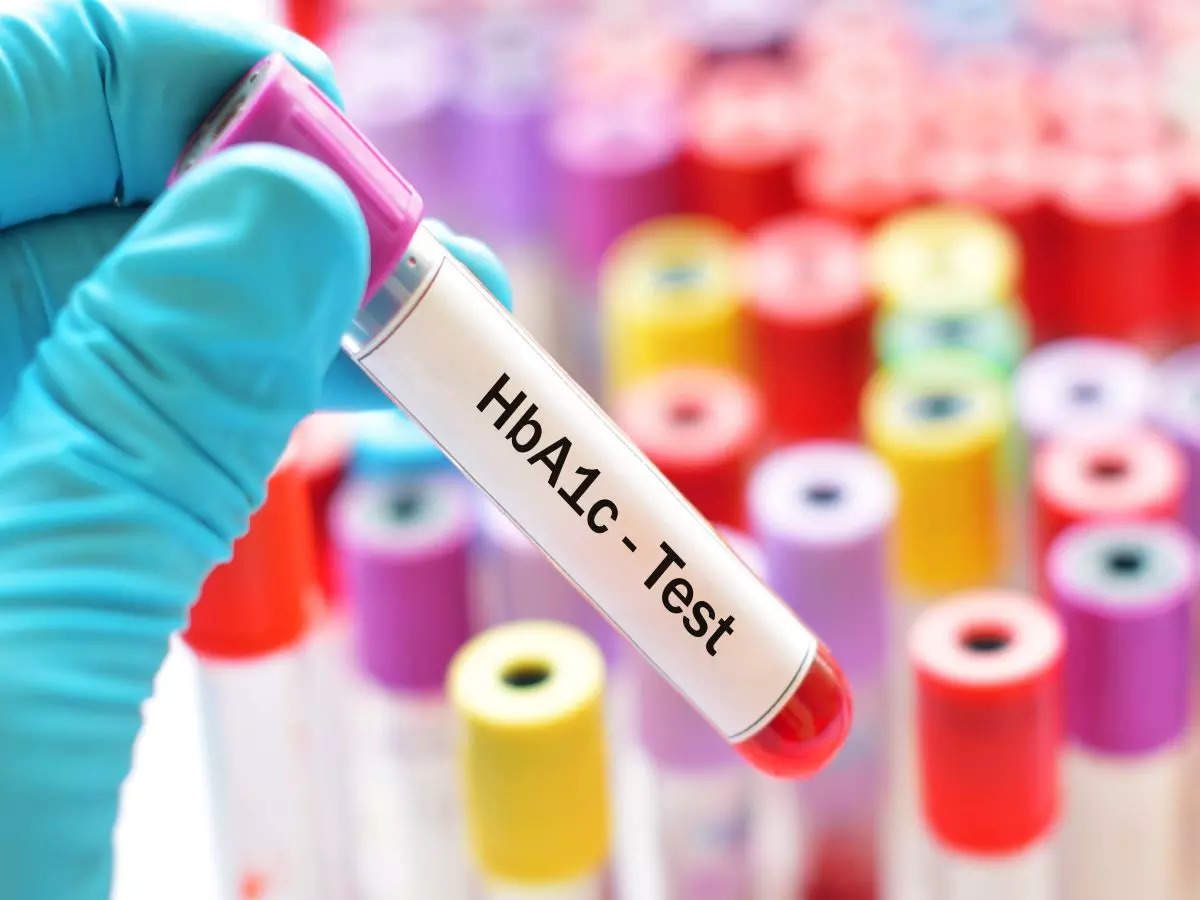
India is home to more than 77 million diabetic patients according to International Diabetes Federation and in 2019 diabetes was reported as the direct cause of 1.5 million deaths, as per World Health Organization.
This data on diabetic patients also correlates with the presence of other chronic conditions in these patients. As per the recently released India Diabetes Study supported by Eris Lifesciences, an average HbA1c value of 8.1% in newly diagnosed T2DM patients in India.
Surprisingly, more than 50% of the diabetes cases in India go undiagnosed and come to light at a late stage. Undiagnosed diabetes can be dangerous and a cause of major concern as it can lead to multiple organ failures and other related complications.
Earlier, diagnosing diabetes was majorly dependant on the fasting plasma glucose test. However, in 2011, the World Health Organization (WHO) accepted and recommended the use of HbA1c testing for effective diagnosis of diabetes.
What is HbA1c test?
HbA1c test, also known as glycated or glycosylated hemoglobin test, measures the amount of blood sugar over the past 2-3 months or checks the concentration of haemoglobin molecules that have glucose attached to them. For medical professionals, HbA1c test is a reliable source of measuring hyperglycemia and provides data that correlates with the risk of long-term diabetes complications in the patient. The test reflects the cumulative glycemic history of the patient and is considered as an imperative risk factor for coronary heart disease and stroke.
Significance of HbA1c test
While traditional blood sugar tests (fasting and post meal) check the blood sugar pertaining to a certain time frame, HbA1c test measures the stable blood sugar levels over a period of past three months. Additionally, while the usual blood sugar test can show varying results depending on the individual’s last meal and time of consumption, the HbA1c test results are independent of these variables, which makes it more reliable and standardized. Hence, medical professionals consider the HbA1c test as a good substitute to monitor blood sugar levels as compared to the traditional tests.
Smaller the HbA1c number, lower is the risk of cardiovascular diseases and diabetes in the individual. Similarly, higher HbA1c number indicates that the individual could be exposed to chronic conditions such as stroke or cardiovascular malfunctions.
HbA1c: Frequency and results
Generally, doctors suggest getting an HbA1c test done if a patient’s lifestyle makes them more prone to diabetes or if they have a history of diabetes. Medical experts may also suggest taking the test once in three or six months depending on the patient’s health condition.
When it comes to taking the HbA1c test, unlike the conventional blood sugar tests, it does not require separate monitoring conditions such as fasting or post meal. The patient can share the blood sample any time basis their convenience, before or after their meals.
It is usually considered that HbA1c score of below 5.7 percent is good, while a score of 5.7 to 6.4 indicates pre-diabetes stage and any score above 6.5 indicates that the patient has Diabetes. Usually, endocrinologists recommend treatments that help their patients with Diabetes to maintain their HbA1c score below 6.5.
It is clear that the HbA1c test can derive accurate results and share valuable information, which can guide the physicians in finalizing the course of treatment. Over the years, HbA1c test has emerged as a convenient and effective form of early diagnosis of diabetes, in order to reduce the number of undiagnosed diabetic patients. Hence, it is imperative that individuals consider regular monitoring of their sugar levels every two to three months for effective diagnosis and management of the disease.
Please note: this article is only for reference. All medical decisions should be taken after prior consultation with a medical expert.
Dr. Parag Shah, M.D. (Medicine), D.M. (Endocrinology), D.N.B. (Endocrinology), Consultant Diabetologist & Endocrinologist, Ahmedabad







